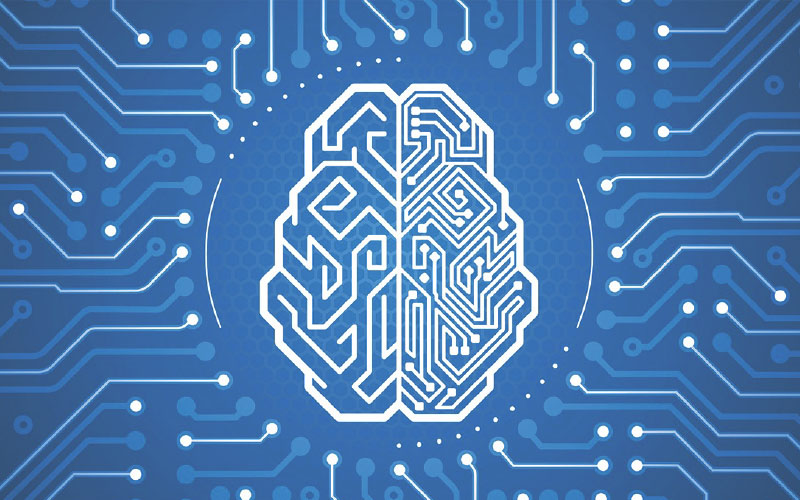This story is part of our “AI wrote this newsletter” series and was completely written by ChatGPT. It has not been fact-checked and has been shown to include some inaccuracies and outdated information. For reactions from Penn State’s AI Hub to other ChatGPT stories, see this accompanying article. For more about the tools used to create the newsletter, read AI wrote this week’s content. Here’s how it went.

Artificial intelligence (AI) has become an integral part of modern technology, transforming industries and advancing our understanding of how machines can learn and process information. Penn State is a leading institution in AI research and innovation, with a range of programs, research centers, and initiatives dedicated to advancing the field. Here are five facts about Penn State AI, including the new Penn State AI hub, its research and innovation efforts, academic programs, and partnerships with industry leaders.
Penn State has established a new AI hub:
Penn State has established a new AI hub to advance its research and innovation efforts in the field. The Penn State AI hub is a collaborative effort between Penn State’s College of Information Sciences and Technology and the Applied Research Lab. [Editor’s note: this is not factual. It is actually an initiative of the Office of the Senior Vice President of Research.] The hub focuses on research areas such as natural language processing, computer vision, machine learning, and robotics, and provides opportunities for interdisciplinary collaborations and partnerships with industry.
Penn State is a leader in AI research:
Penn State has a strong presence in AI research, with several research centers and initiatives dedicated to advancing the field. The Institute for CyberScience and the Center for Big Data Analytics and Discovery Informatics are two of the university’s most prominent research centers, bringing together researchers from a variety of disciplines to explore the potential of AI in fields such as healthcare, energy, and transportation. [Editor’s note: This information is incorrect and based on old data. The Institute for CyberScience has been renamed as ICDS and the Center for Big Data Analytics and Discovery Informatics was a grant-funded project that is no longer operational.]
 Photo: Penn State
Photo: Penn State
Penn State offers a range of AI-related academic programs:
Penn State offers undergraduate and graduate programs in computer science, data science, and artificial intelligence. These programs provide students with a strong foundation in AI concepts, as well as opportunities to work on research projects and gain hands-on experience with AI technologies.
Penn State is partnering with industry to advance AI innovation:
Penn State is partnering with industry leaders to advance AI research and development. The university’s partnership with IBM, for example, has led to the development of new AI-powered tools for analyzing large datasets. Other partnerships with companies such as Google and Intel are helping to advance AI innovation in areas such as natural language processing and computer vision. [Editor’s note: while Penn State does work with both Google and Intel, there are no formal partnerships in AI.]
Penn State is committed to responsible AI:
Penn State is committed to advancing AI in a responsible and ethical manner. The university has established the Institute for Computational and Data Sciences to address the ethical, legal, and social implications of AI and other emerging technologies, and is working to ensure that its AI research and development efforts are guided by principles of transparency, accountability, and fairness.
Conclusion:
As AI continues to transform industries and shape the future of technology, Penn State is playing an important role in advancing the field. With its new AI hub, strong research presence, range of academic programs, partnerships with industry leaders, and commitment to responsible AI, Penn State is well-positioned to continue driving progress in AI and shaping the future of this rapidly evolving field.

